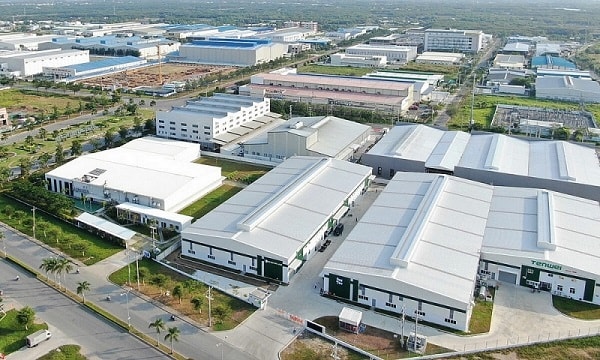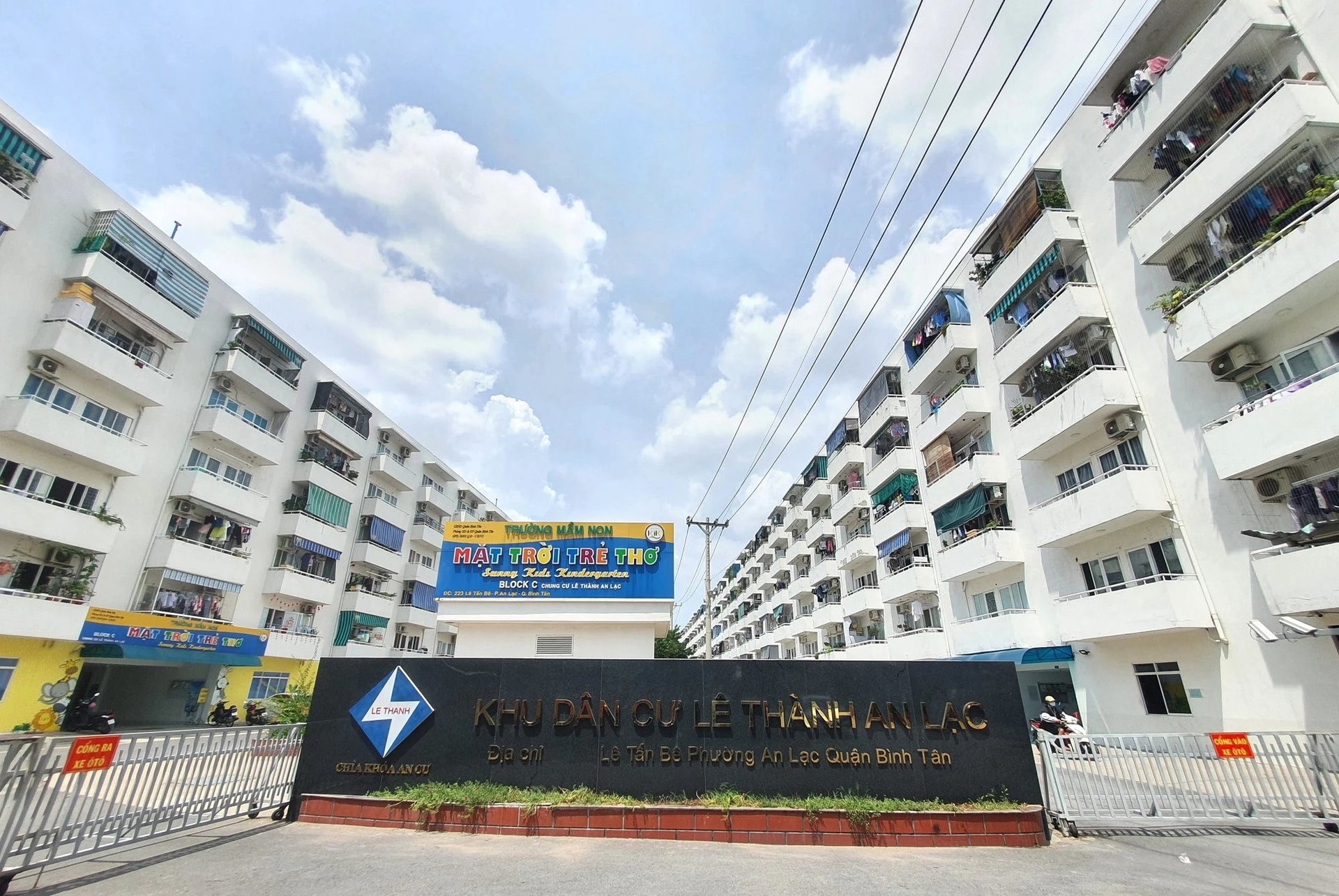Industrial Real Estate on the Rise: A Game-Changer for Investors
According to experts, the industrial real estate sector is undergoing a significant transformation with clear growth potential in the coming years.

In a recent statement, Mr. Tran Quang Trung, Business Development Director at OneHousing, stated that Vietnam is currently attracting high-quality foreign direct investment (FDI), with many major corporations pouring capital into the market. This is creating a significant boost for the real estate industry, particularly in industrial zones.
Great Potential
Mr. Tran Quang Trung emphasized that when a large corporation invests in Vietnam, it often leads to the participation of numerous supporting companies. However, not all of these companies choose large-scale industrial zones with well-developed infrastructure.
Small and medium-sized industrial parks, which are usually between 5 and 20 hectares in size, are very frequently sought after by enterprises because they offer strategic positions and good connectivity to neighboring areas at cheaper land rental costs.
Mr. Trung claims that because of their affordable rental rates, some industrial zones in provinces like Hải Dương, Hưng Yên, and Bắc Giang are currently drawing in tenants from China and Hong Kong. This indicates that the market for industrial real estate is flourishing, generating a large number of employment openings, raising local incomes, and promoting sustained economic growth.
The Vietnamese government has also made significant commitments to increasing average per capita income from now until 2030.
Mr. Trung believes that aside from residential and commercial real estate, industrial real estate will remain a lucrative sector, especially with strong government policy support and strategic diplomatic efforts. The development of industrial infrastructure will foster a favorable environment for businesses to invest in manufacturing, processing, and exports, thereby driving the national economy forward.
One key aspect that Mr. Tran Quang Trung highlighted is the connection between industrial zones and other real estate segments. As industrial real estate develops, it not only generates employment but also positively impacts sectors such as worker housing and residential real estate. This will lead to a synchronized and sustainable expansion of the real estate market.

Challenges and Opportunities
In a recent statement, the Deputy Director of the Land Department at the Ministry of Natural Resources and Environment discussed the opportunities and challenges that the real estate market will face in 2025. According to him, with a strategic approach to international relations, Vietnam can attract more major investors, particularly from countries affected by trade wars, making the industrial real estate market even more appealing.
Additionally, the real estate market will witness the growth of other segments, such as social housing. The government has introduced significant incentives for this sector, including streamlined legal procedures and preferential land tax policies. This presents a substantial opportunity for investors seeking stable returns.
Meanwhile, Mr. Nguyen Van Đinh, Chairman of the Vietnam Association of Real Estate Brokers, also stated that 2025 will mark the strong development of large-scale real estate projects, with shifts in product strategy and investment methods. A clearer legal framework will facilitate market expansion and encourage the participation of major investors. Furthermore, with the rapid growth of industrial zones, the demand for worker housing and investor accommodations will continue to rise.
In summary, industrial real estate is a highly promising sector in the coming years. With the strong influx of FDI, government support, and legal improvements, this segment will remain a fertile ground for investors. The integration of industrial zones with other segments, such as worker housing and residential real estate, will help the market develop sustainably, contributing to the overall growth of Vietnam’s economy.








